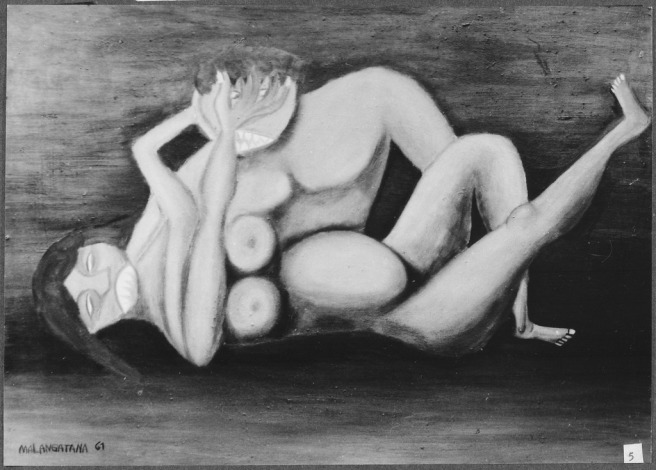
As a rape survivor, I can promise you that even after 40 years, you never forget, and you never fully heal. So many of us reading this were raped. So many have never told. So many are still ashamed. Some are judging me right now, saying to themselves, you/she shouldn’t tell these stories. You shouldn’t reveal these facts about yourself. You shouldn’t profess such things in public.
We perpetuate rape culture with wishes for such silence. We must not apologize for voices used to advocate for truth. Rape shaped me and physically impacted my neurological responses to many essential aspects of life. My guess is that the men who raped me probably committed rape again and again because of our cultural tendency to be hush about taboo subjects.
I guarantee this didn’t start with my generation, nor with my mother’s or her mother’s generation. Rape culture has impacted virtually every family.
It is perpetuated every time we force a child to accept a hug. Bodily autonomy starts as soon as a baby can indicate with body language the preference of NO. We are conditioned to encourage children to follow our commands and to wear what makes them uncomfortable or what we choose for them. We are all deeply conditioned by an authoritarian paradigm that can be traced throughout our human ancestry.
While I could draw a long list of direct connection between our society’s paradigms of authoritarianism and rape and elaborate on the detailed lifelong impact of being raped, this is about using the Internet to send the message that rape is not acceptable, and the punishment for rape should impart lifelong impact, because such is the experience of being raped.
And, if the black and white dynamics of our judicial system cannot split hairs finely enough for every case, then at least in situations like this we have a vehicle for vigilante justice via social media. In my case, I have had no contact with my perpetrators in decades, but if I could, I might remind them of their pathological underpinnings.
I was ‘roofied’ and raped at a high school graduation party by someone I had known since childhood. I was raped later that summer by a college football player after being groomed while hanging out at my own neighborhood pool. I was raped again my senior year of college in my dorm by a classmate who I tried desperately to fight off. I was pinned down, unable to break free. In every case, I felt I wouldn’t be believed, so I sought no justice. I didn’t understand what had happened to me. I had never heard of date rape drugs or date rape.
I became depressed, and disconnected from myself. I had to see the last rapist almost daily due to the tiny size of the private college (about 200 resident students). My body was not my own anymore, but one of a young woman whose head buzzed incessantly with negative self talk. The culture of society taught me to be ashamed of myself. These men rooted their darkest selves to haunt my soul, without conscience, and it took decades for me to locate the light trapped within. I am still triggered by the trauma.
Is it really so facetious to suspect that the very judge handing down the light sentence probably perpetrated rape in his own day, there at Stanford? The lack of conscience exhibited by such men is evidence of how entrenched rape culture is in the sectors of privilege in our society.
Perhaps this big machine of society is turning and churning itself as a self-regulating dynamic that will transform our culture like the Paleolithic societies did when shaming those who strayed from tribal ethics. The organic nature of social media affords some measure of exposure in this particular case, but it is not enough. It shouldn’t be the burden of the raped to bear out justice for the crimes of their perpetrators who know nothing of the lifelong neurological trauma that dictates neurological response and impacts health for the rest of their victims’ entire lives.
#metoo.